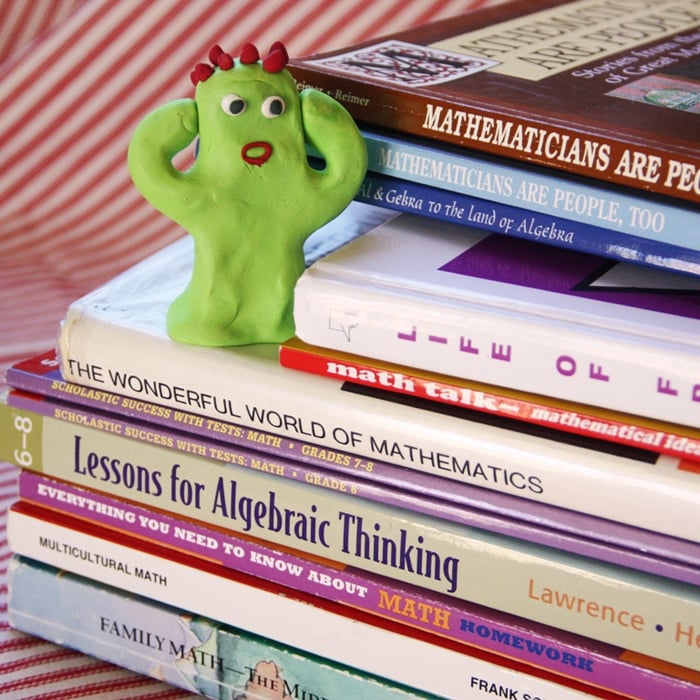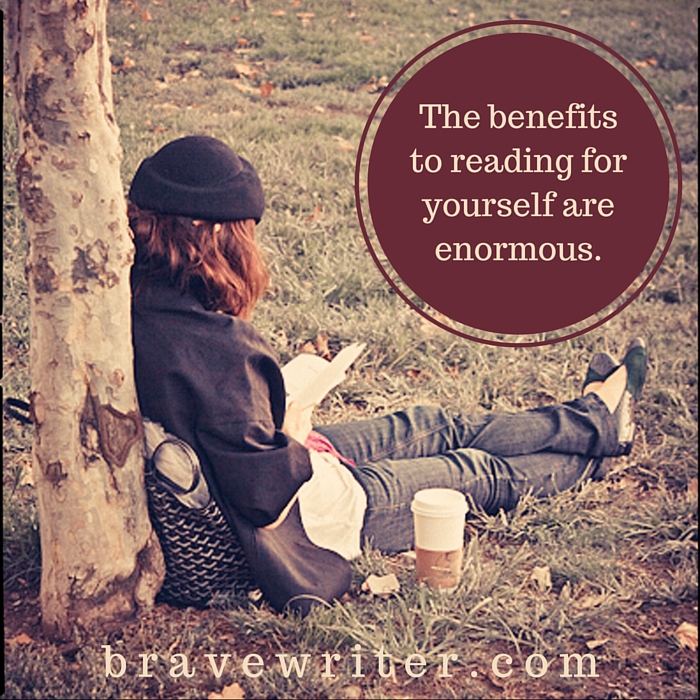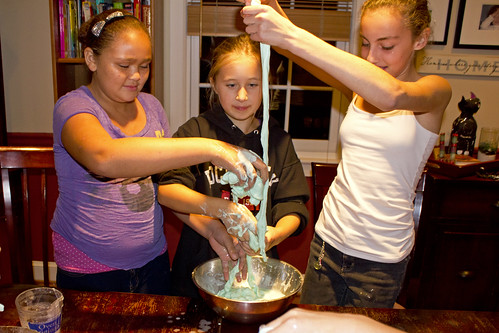The competing demands on your time will eventually eat into your homeschool. You will ping pong between getting your kids out of the house into the big world so that they have experiences, meet other children, learn from passionate adults, and become skilled athletes, musicians, dancers, or pet rescuers, to utter seclusion where you shut the doors against that big world, and stay happily home steadily making progress in the subject areas of “school”—until you get tired of the routine and burst back onto the world’s stage.
This back-and-forth is not uncommon among homeschoolers, and is not even wrong. For some families, it’s a seasonal thing. In my family, for instance, we kept the sanest “stay-at-home” schedule in winter quarter while indulging a much more energetic out-of-home schedule in fall and spring (coinciding with soccer and lacrosse practices).
Even so, you can feel spread thin like too little butter over so much bread trying to keep up with the competing beliefs you have about a healthy, happy homeschool and childhood.
Opt out of that maze of confusion and adopt a different rubric. Fix your gaze on your individual children, and your children as a group. They are the focus. They are the rubric.
Ask yourself these questions:
1. Who is left out?
2. What needs have I catered to and which ones have I overlooked?
3. What can I cut out? Or, conversely, what can I add in?
4. Which child is the most vocal about his or her needs? Who gets overlooked?
5. Why am I [adding in/taking out] this activity? Am I trying to please someone else?
6. If I could have a week the way I want it, would it look like the week I’m currently having? What one thing can I do to make it look more like what I wish it were?
7. Am I doing any of my activities out of guilt? Which ones?
8. Are there any activities that my child can do without me?
9. Are we having fun yet?
Your attention needs to be on your family, not on your philosophy or your community or your fears and worries. Over 15+ years of homeschooling, you will undulate between seasons of intense community involvement and quiet spans of time in at-home peacefulness. Balance isn’t always achieved week-to-week. Sometimes it is achieved over an entire childhood. That’s okay!
I remember that with five children, we made a rule that only two kids could play sports at any one time. That was our only route to sanity with all the driving involved.
Think about how your family functions best in this season and do that. You’ll know when that season needs to change by how your children are behaving, performing, and holding up. You’ll know it by how you are feeling too. At that moment, don’t beat yourself up! Simply recognize it’s time for a shift in the routine. Follow through and enjoy that season as long as it lasts.
Keep your focus pure.
Cross-posted on facebook.
Image by originallittlehellraiser
























